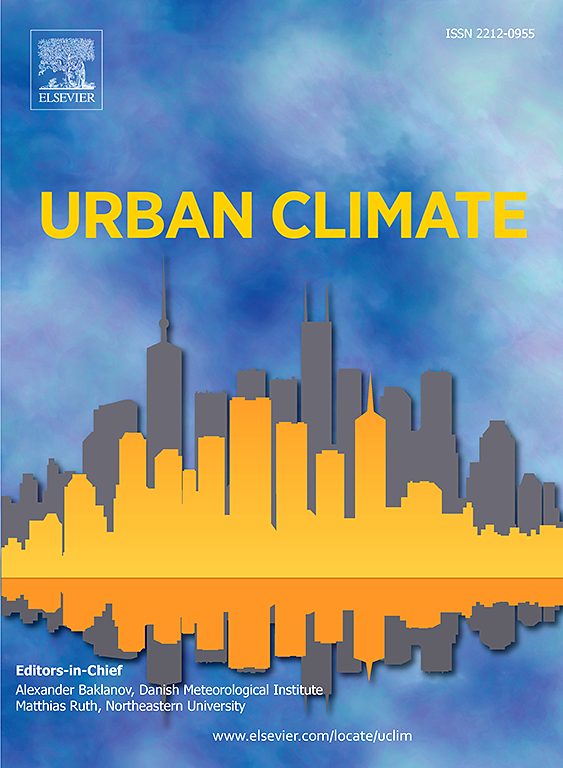Disentangling the non-linear relationships and interaction effects of urban digital transformation on carbon emission intensity
IF 6
2区 工程技术
Q1 ENVIRONMENTAL SCIENCES
引用次数: 0
Abstract
The inexorable rise of urban digital transformation (UDT) underscores the imperative of comprehending its complex relationships with carbon emissions intensity (CEI). Existing studies primarily focus on the linear relationships between individual UDT variables and CEI, overlooking non-linear dynamics and interactive effects, which may result in incomplete estimations. To address these gaps, this study develops an interpretable machine learning (IML) model that integrates machine learning (ML) techniques and SHAP (SHapley Additive exPlanations), to uncover the non-linear relationships and interaction effects of UDT on CEI. The results reveal the following: (1) The proposed IML model achieves high accuracy in modeling the relationships between multiple UDT variables and CEI (R2 = 0.932, RMSE = 0.899, MAE = 0.543, 2); (2) Non-linear relationships between all UDT variables and CEI are confirmed, and two types of threshold points are identified where variable impacts shift from negative to positive and vice versa; (3) Interactive effects among UDT variables are examined, with thresholds quantified and U-shaped and inverted U-shaped trends identified. These findings provide a foundation for policymakers and urban managers to implement strategies that simultaneously advance digital transformation and promote low-carbon development.
城市数字化转型对碳排放强度的非线性关系及交互效应分析
城市数字化转型(UDT)势不可挡的崛起凸显了理解其与碳排放强度(CEI)之间复杂关系的必要性。现有研究主要关注单个UDT变量与CEI之间的线性关系,忽略了非线性动力学和交互效应,这可能导致估计不完整。为了解决这些差距,本研究开发了一个可解释的机器学习(IML)模型,该模型集成了机器学习(ML)技术和SHapley加性解释(SHapley Additive exPlanations),以揭示UDT对CEI的非线性关系和相互作用效应。结果表明:(1)IML模型对多个UDT变量与CEI之间的关系建模精度较高(R2 = 0.932, RMSE = 0.899, MAE = 0.543, 2);(2)确定了所有UDT变量与CEI之间的非线性关系,并确定了两种类型的阈值点,其中变量影响由负向正,反之亦然;(3)考察了UDT变量之间的交互效应,量化了阈值,并确定了u型和倒u型趋势。这些发现为政策制定者和城市管理者实施同时推进数字化转型和促进低碳发展的战略提供了基础。
本文章由计算机程序翻译,如有差异,请以英文原文为准。
求助全文
约1分钟内获得全文
求助全文
来源期刊

Urban Climate
Social Sciences-Urban Studies
CiteScore
9.70
自引率
9.40%
发文量
286
期刊介绍:
Urban Climate serves the scientific and decision making communities with the publication of research on theory, science and applications relevant to understanding urban climatic conditions and change in relation to their geography and to demographic, socioeconomic, institutional, technological and environmental dynamics and global change. Targeted towards both disciplinary and interdisciplinary audiences, this journal publishes original research papers, comprehensive review articles, book reviews, and short communications on topics including, but not limited to, the following:
Urban meteorology and climate[...]
Urban environmental pollution[...]
Adaptation to global change[...]
Urban economic and social issues[...]
Research Approaches[...]
 求助内容:
求助内容: 应助结果提醒方式:
应助结果提醒方式:


